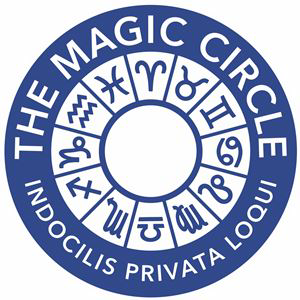

Several benefits and drawbacks can be inferred from the multiple scholarly works in support or criticism of Huizinga’s idea of a magic circle. The magic circle can be considered one of the best methods of understanding the cultural, social, and psychological uniqueness of play. In other words, the magic circle often has a socio-political meaning. Behaviors and ways of relating to participants within a game may seep into the real world and affect relationships. According to Kawitzky (2020), the magic circle is not necessarily an impenetrable barrier between the game space and the real world. All these parameters are included in the idea of a magic circle, which means that the time and space comprise a set of rules governing the actions, strategies, and behaviors of the players. Additionally, a game becomes a set of possible sequences, which means that games may produce narratives, but they are not themselves a narrative. This sentiment is shared by Nguyen (2017), who defines a game as a set of rules that specify victory and loss conditions. It can be argued that the rules are the key component of a game considering that even the slightest deviation can ruin a game. Overall, a magic circle defines the parameters of a game and is a real difference from normal life, which is also governed by its rules. Games are closed systems of play, even though they do not require physical boundaries. Huizinga’s idea of the magic circle is that it is where a game takes place, which means that playing a game requires one to either step into a magic circle or create one as the game begins. For instance, if the players disagree in a game, then the same complaints and accusations cease once they step into real life. In other words, what happens in a game does not necessarily apply to normal life. Additionally, what happens inside the circle may not have direct implications outside of it. According to Nguyen (2017), players inside the magic circle tend to take up new roles and rules for behavior. The concept of the magic circle was coined by Johan Huizinga in his book Homo Luxens to imply the time and space in which the play takes place.

Regardless of the definition, a game or a play is an activity in which people engage for fun and which is controlled by rules that when broken can ruin the entire experience. However, many scholars on the subject of play believe that these behaviors have cultural, social, and psychological implications on the development of human beings, especially children. The play has also been defined by Özdoğru (2018)as a universal form of human behavior intended for recreation. In this case, games can take many forms, including fictional activities with rules and artworks produced by individuals or communities in which engaging in the play activities produces fun and excitement. To answer these questions, Nguyen (2017) turns his attention to Huizinga’s Homo Ludens, the text which first defined the magic circle. Nguyen (2017) addresses some of the basic philosophical questions regarding games, including what games are, what we do when playing games, and what the value is of playing games. The focus of this essay is to present the relative advantages and disadvantages of the magic circle as a method for comprehending the social, cultural, and psychological uniqueness of the play experience.ģ22 specialists online Defining Games and Huizinga’s Magic Circleīefore examining the advantages and disadvantages of the magic circle, it is important to gain an understanding of what a game is and what the magic circle is about. Therefore, it can be argued that the best way to comprehend the cultural, social, and psychological uniqueness of the play experience is by referring to the magic circle. Additionally, he expresses that even animals have developed their play without waiting for humans to teach them. In one of his works, Huizinga (2006) states that play is older than culture since culture always presupposes human society. The basic idea of Huizinga (2006) is that the magic circle of a game is the space where the game takes place. One of the most popular frameworks for linking play to culture is the magic circle coined by Johan Huizinga. For decades, the social, cultural, and psychological experiences of play have been explored and several theoretical foundations developed.

The interaction between play as a unique phenomenon and culture remains a controversial issue in the interdisciplinary sciences. Defining Games and Huizinga’s Magic Circle.


 0 kommentar(er)
0 kommentar(er)
